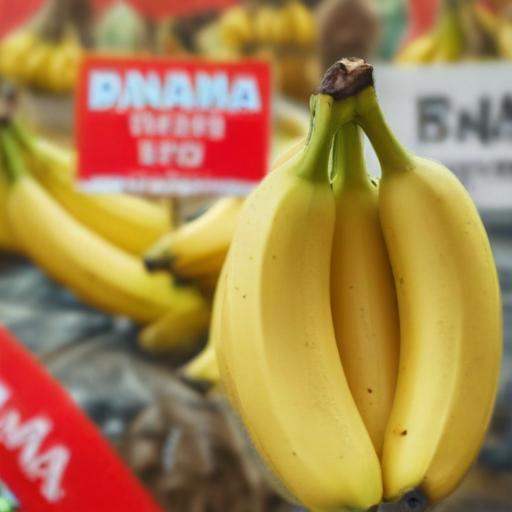The government of Panama has once again declared a state of emergency in its banana-producing region due to escalating protests against a controversial pension reform. The unrest, primarily occurring in the province of Bocas del Toro, has been marked by looting and vandalism of businesses and public property.
Protests have been ongoing for several weeks, following the approval of the pension reform package by the National Assembly in March. The proposal, which includes cuts to pensions, has sparked significant backlash from various labor unions, including the banana workers’ union, which has launched a nationwide strike in response.
The government has announced that constitutional guarantees will be suspended for the next five days in the province bordering Costa Rica. This measure limits the freedom of movement and permits law enforcement to make arrests without judicial warrants.
Juan Carlos Orillac, the minister of the presidency, stated that these actions are necessary to restore peace and order amid the violence and to protect the rights of the majority of Panamanians. He emphasized the need to prevent radical groups from organizing acts of vandalism.
The protests gained momentum in March when the reform legislation led to widespread calls for indefinite strikes from various sectors, including the teachers’ union. In Bocas del Toro, banana workers joined nationwide demonstrations against the pension reforms, which come in the wake of a substantial pension deficit exceeding $650 million.
Tensions have escalated further since the past month, especially after Chiquita Brands terminated thousands of employees who participated in strikes, citing substantial losses linked to the work stoppage. The protests have seen roadblocks across the region, often clashing with police forces.
As the situation worsened, the government reiterated its commitment to protect public safety, stating that numerous arrests had been made related to the disturbances. Significant damages have been reported, including vandalism at the local airport and destruction of a new stadium used for baseball, raising questions about the motivations behind these actions.
In a related context, a recent special labor law was enacted to enhance workers’ benefits in the banana industry, a move that had initially led to an agreement with union leaders to lift transport blockades. However, this agreement has not been universally accepted among various sectors.
The situation remains critical as authorities strive to navigate the complexities of public unrest and economic challenges within the banana-producing regions. Achieving a balance between addressing legitimate grievances and maintaining public order is crucial as Panama grapples with these multifaceted issues.
